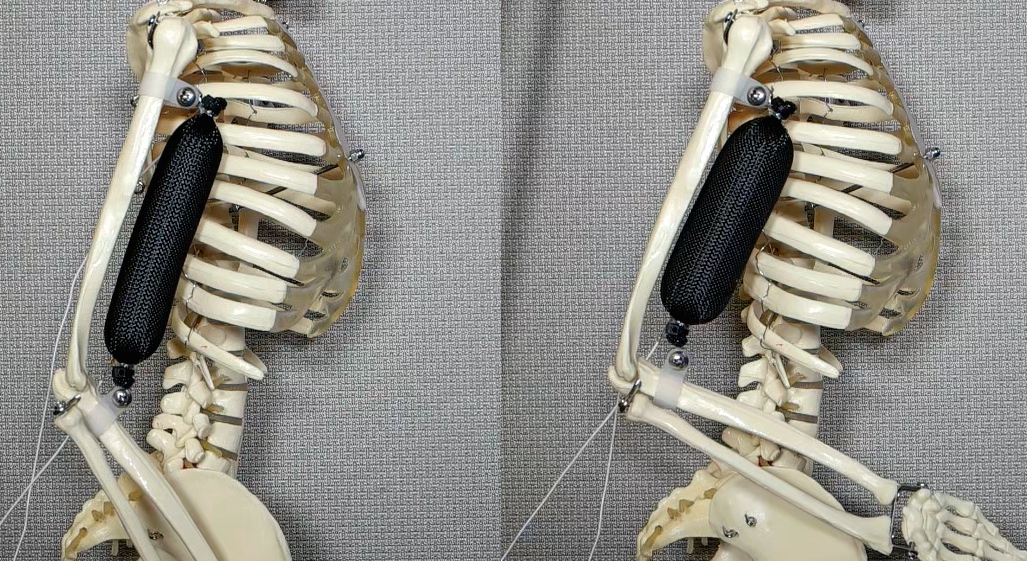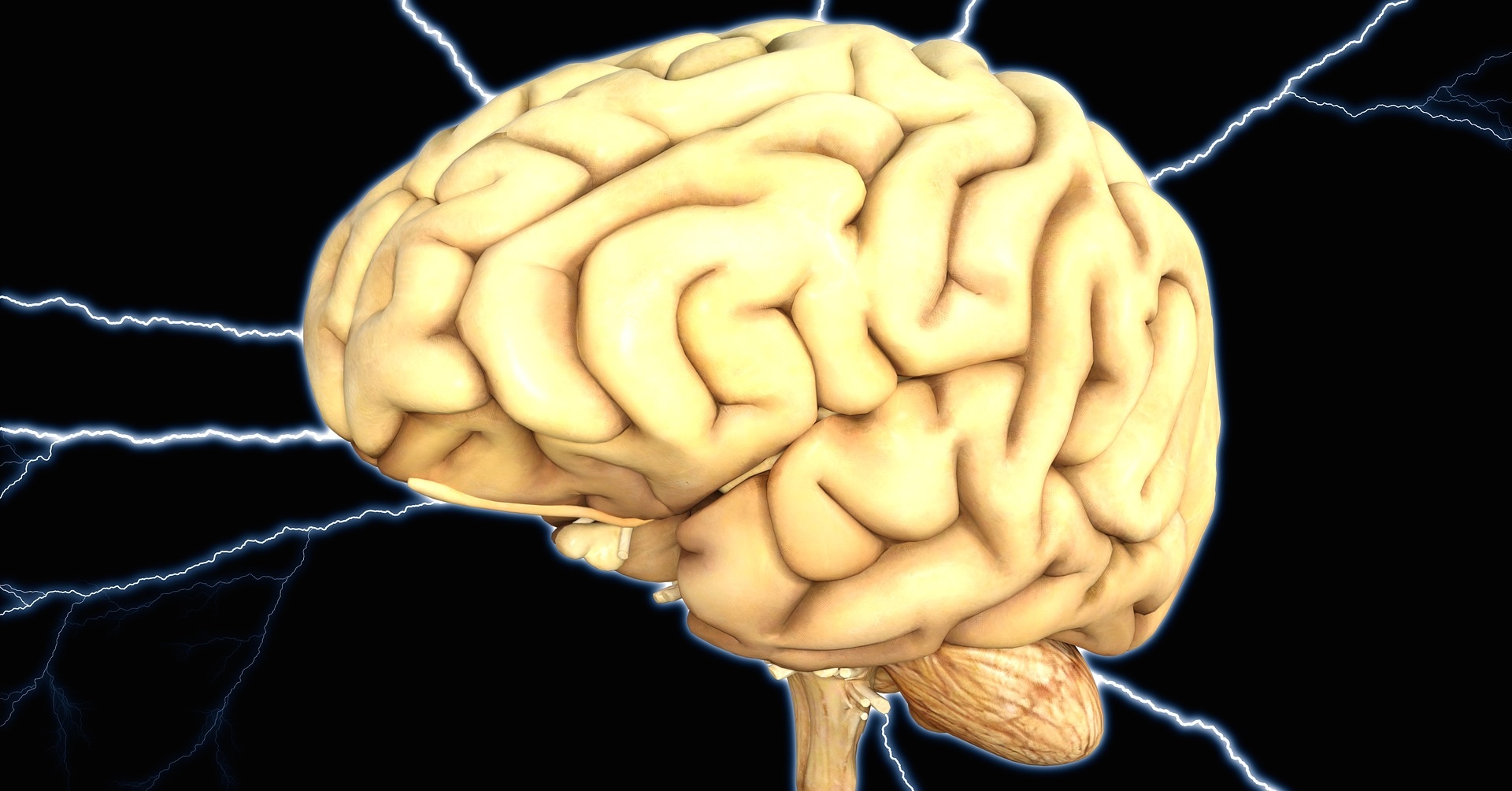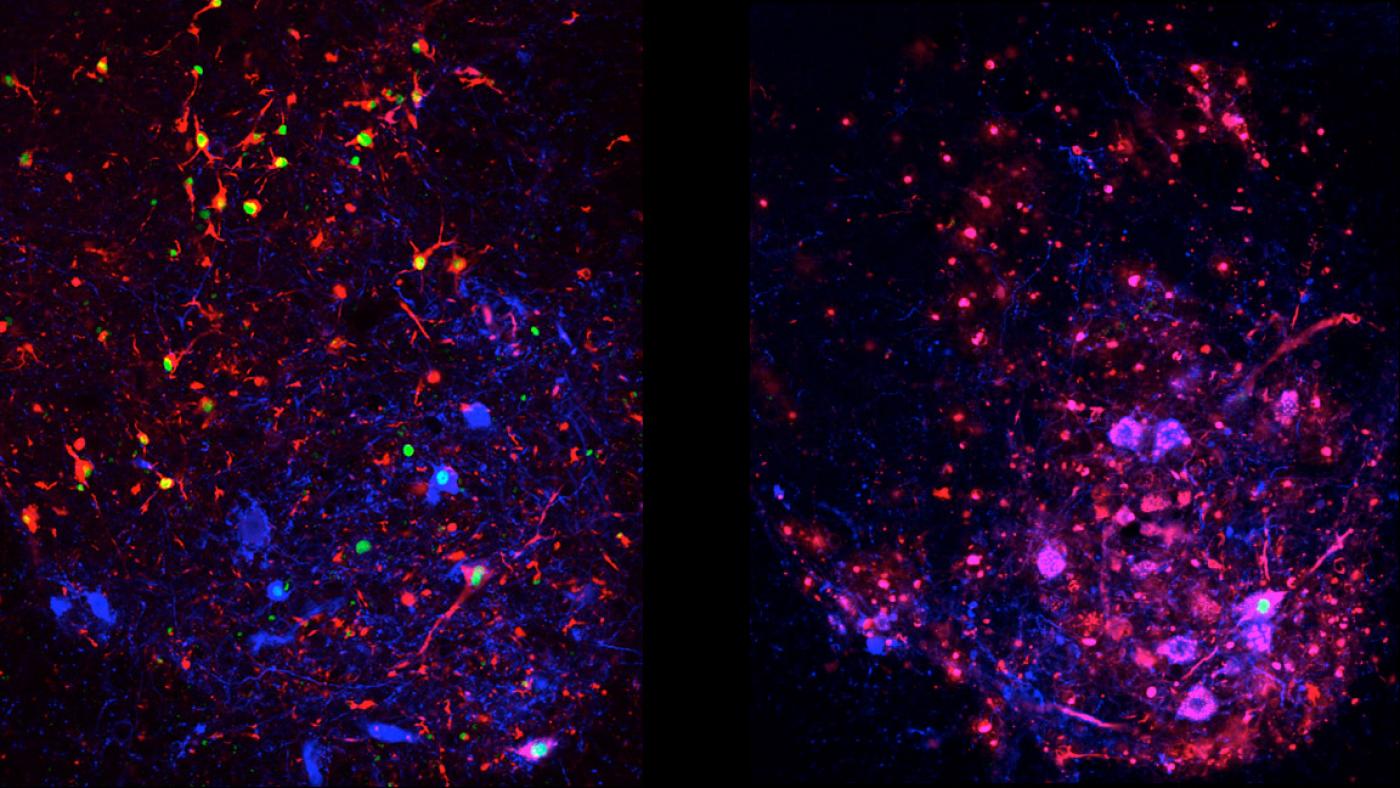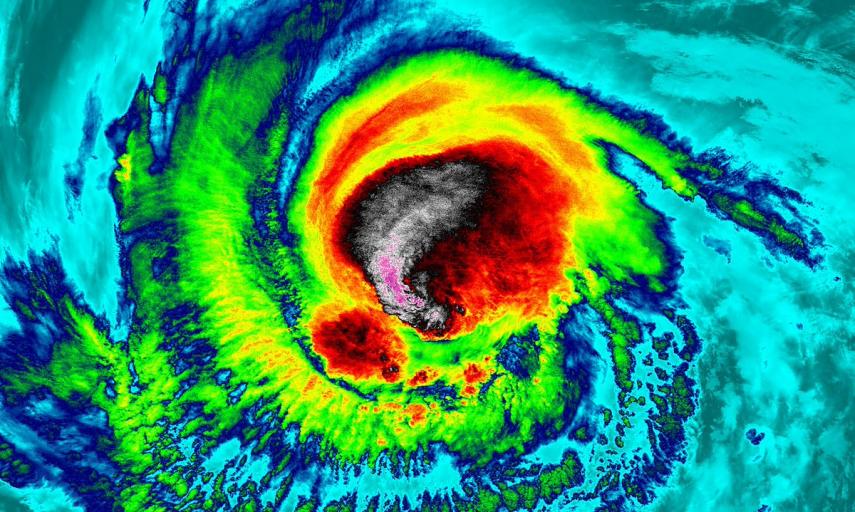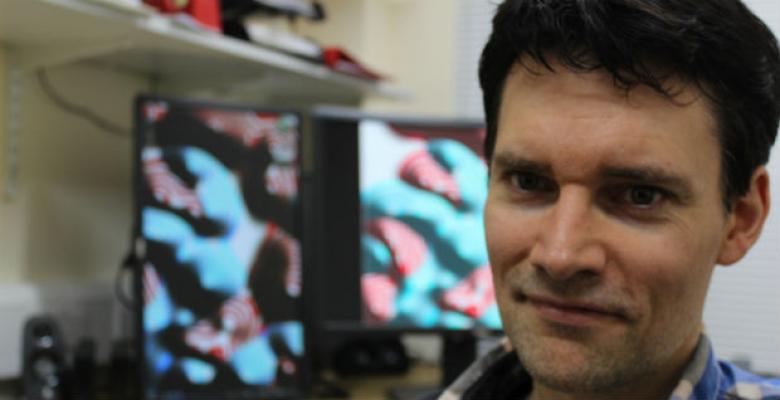September 19, 2017
One Step Closer to Lifelike Robots
The development of a self-contained soft actuator three times stronger than natural muscle, without the need of externals, signals a breakthrough in soft robotics.
September 15, 2017
Data Science Institute Professor Develops Software for Automatic Machine Learning
Thanks to a $400,000 grant from the National Science Foundation, Andreas Mueller, a lecturer at Columbia's Data Science Institute, will be able to create software that makes machine learning even easier to use.
September 13, 2017
Study in Mice Reveals that Body’s Own Defense Against ALS Actually Drives Disease Progression at Later Stages
A new study in mice reveals that one of the body’s natural defenses against ALS suppresses disease progression early on, but in later stages advances the disease’s deadly spread through the spinal cord.
September 13, 2017
‘Pangeo’ Project Will Improve Access to Climate Data
The better climate models become, the harder it is to use them. Researchers at Columbia University’s Lamont-Doherty Earth Observatory and their colleagues are working to fix that.
September 11, 2017
Brightness of Luminous Astronomical Explosions Is Product of Powerful Shockwaves
A new study suggests a theoretical prediction explaining the unusual brightness of some astronomical explosions, first developed by Columbia University astronomers and physicists, is correct.
September 7, 2017
Could Climate Change Breed a Whole New Category of Hurricane?
Hoaxes have been calling Irma a Category 6 hurricane, but there’s no such thing. Columbia University scientists discuss whether there could there be in the future.
September 6, 2017
Q&A with Nikolaus Kriegeskorte: Using Artificial Intelligence to Understand the Brain
Nikolaus Kriegeskorte recently joined Columbia University as a Professor of Psychology and Director of Cognitive Imaging at the Mortimer B. Zuckerman Mind Brain Behavior Institute.

